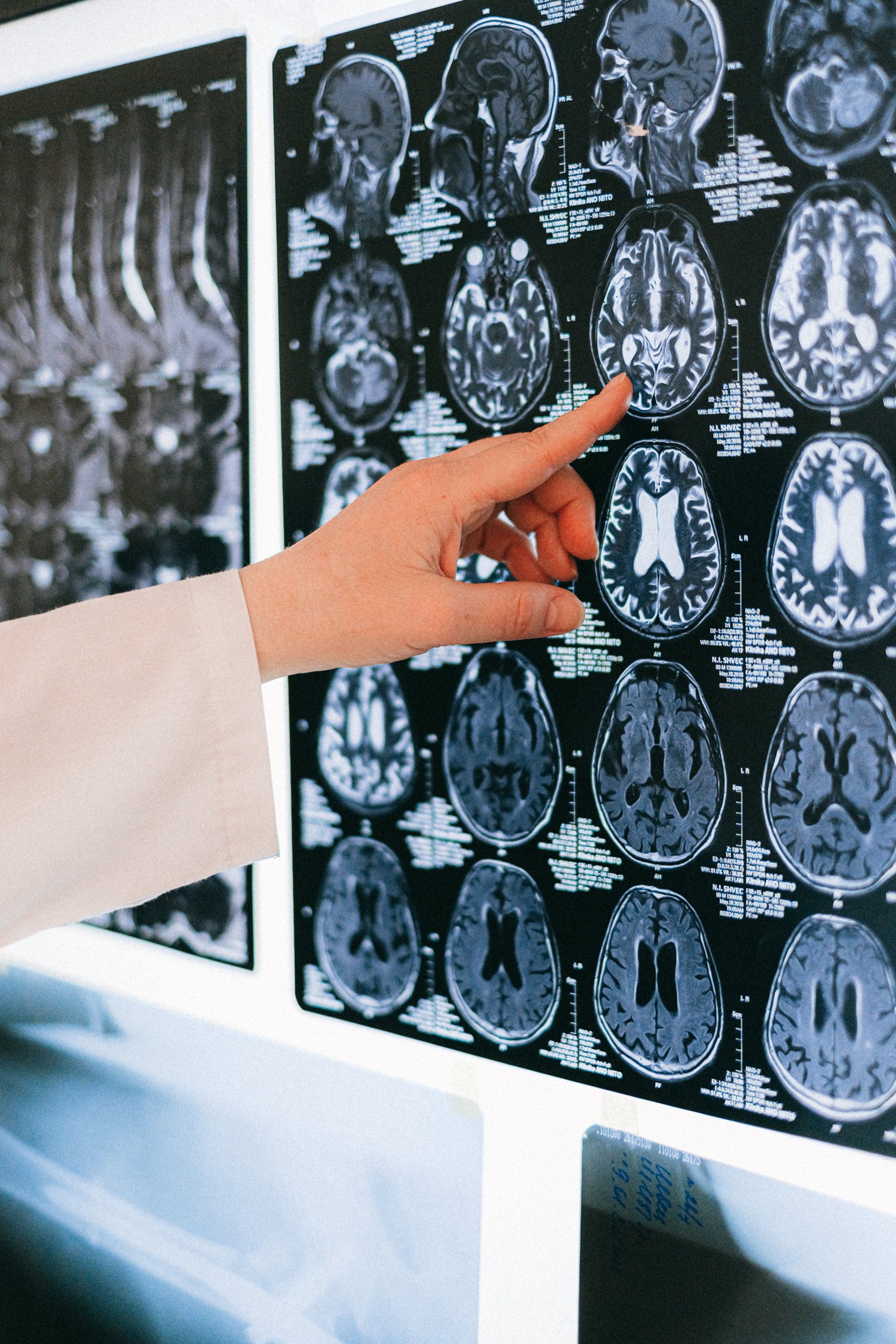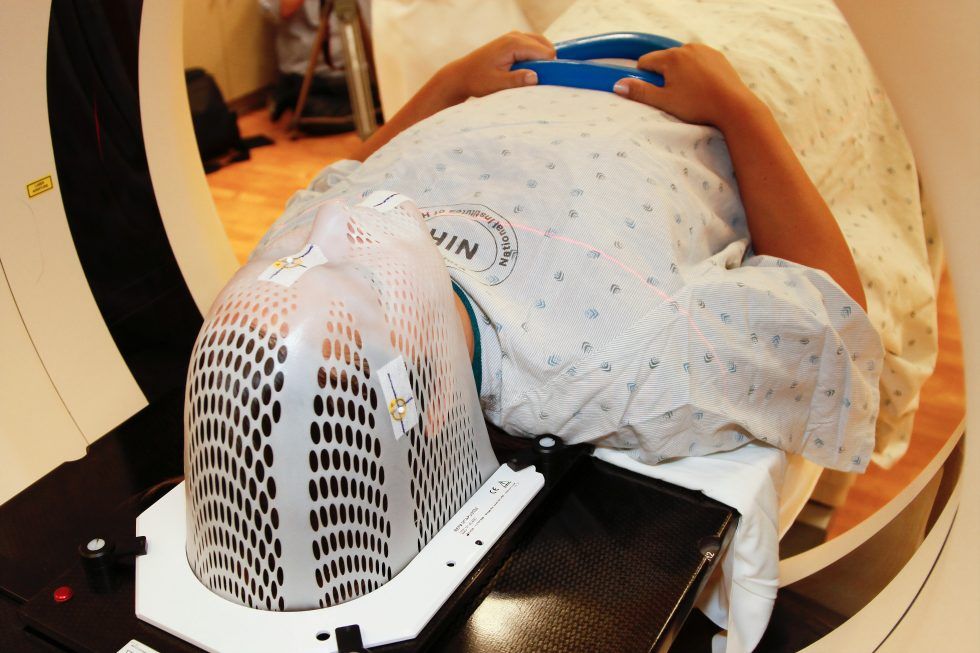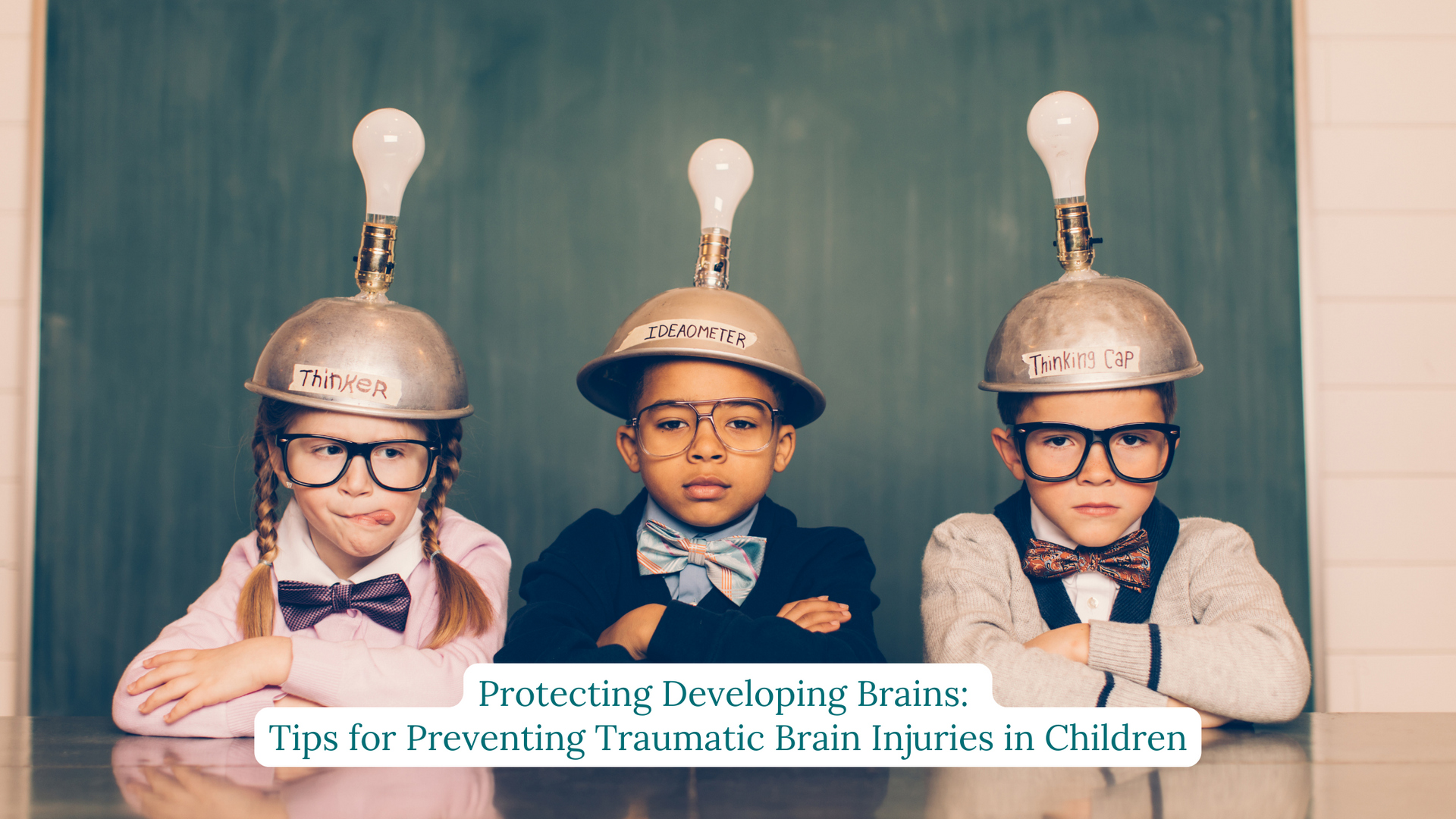The Role of Physical Therapy in TBI
The Role of Physical Therapy in TBI
A Traumatic Brain Injury (TBI) results from a bump or blow to the head, or a fall, that causes a sudden shift in the brain’s functioning. Its severity changes on a case-by-case basis, but typically a TBI is recognized only when physical and behavioral changes start to appear.
Symptoms exhibited depend on which part of the brain was affected, and the patient may have to relearn how to perform certain tasks that many take for granted, such as maintaining balance, turning over in bed, or walking. This is where physical therapy helps.
How does physical therapy help in TBI?
TBI is a life-altering disease, and physical therapy can bring life-changing rewards in its recovery outcome. This disease exhibits in various severity between individuals, changing the extent of physiotherapeutic interventions required. But it does contribute to the ultimate goal of helping patients achieve the maximum level of independent functioning in daily activities.
Specifically, physical therapy can help TBI patients improve balance and coordination, strengthen muscles, improve flexibility and mobility, alleviate fatigue, increase movement patterns, and promote overall health (for example, boosting cardiovascular and respiratory health).
Physical Therapy And TBI Treatment
A physical therapist examines each patient and develops a treatment plan that meets their needs and goals. They can provide information on equipment and gears required to lessen the risk for a TBI. But for those who have already been affected by brain injury, a PT will put together specialized exercises and stretching programs to improve and maintain their physical functioning, range of motion, and stability.
Here are some interventions physical therapists use with TBI patients:
- Manual manipulation : One of the physical therapy interventions comes in the form of manual manipulation. This is for patients who might be in a coma or unable to participate in the exercises. This method involves a physical therapist using their hands and other devices to move the affected area. The goal here is to stimulate the brain, increase range of motion, improve muscle length, facilitate specific movements, and promote extensibility and stability. If aids like a wheelchair or cane are needed, a PT will explain how to use them effectively.
- Neuromuscular reeducation: This is a technique therapists use to restore normal movements. Following a brain injury, the relationship between muscles and the brain is damaged. Neuromuscular reeducation helps develop new neural connections in the brain and promotes movement by strengthening the nervous system. This involves activities such as standing up or moving your arms.
- Vestibular training: The physical therapist has the patient perform a series of vision and balance tests to ascertain whether the issues are emanating from the inner ear (part of the vestibular system). This program addresses problems such as vertigo, dizziness, imbalances, gaze instability, and fall prevention.
- Gait training: Many TBI patients report problems with walking. Task-specific gait training can help. In this technique, the therapist will have the patient perform walking motions on a treadmill with the help of a harness till their strength improves, and they can progress to walking with a cane and eventually unsupported.
Other than these, a range of ancillary treatments will also be implemented to maximize the recovery outcome. This may include treatments such as acupuncture, massages, and hydrotherapy. The physical therapist will also work with the patient’s family to help them understand how to provide the best support needed across every treatment stage.
Recent Posts
- Proving Eligibility: Securing Worker’s Compensation After a Traumatic Brain Injury
- Navigating Life after Traumatic Brain Injury: Effective Symptom Management Strategies
- Navigating the Academic Journey: A Guide for Military Veterans with Traumatic Brain Injuries
- Protecting Developing Brains: Tips for Preventing Traumatic Brain Injuries in Children
- Students with TBI and the Education Process
The post The Role of Physical Therapy in TBI appeared first on Flourish Supportive Living Assisted Living for Brain Injury.














